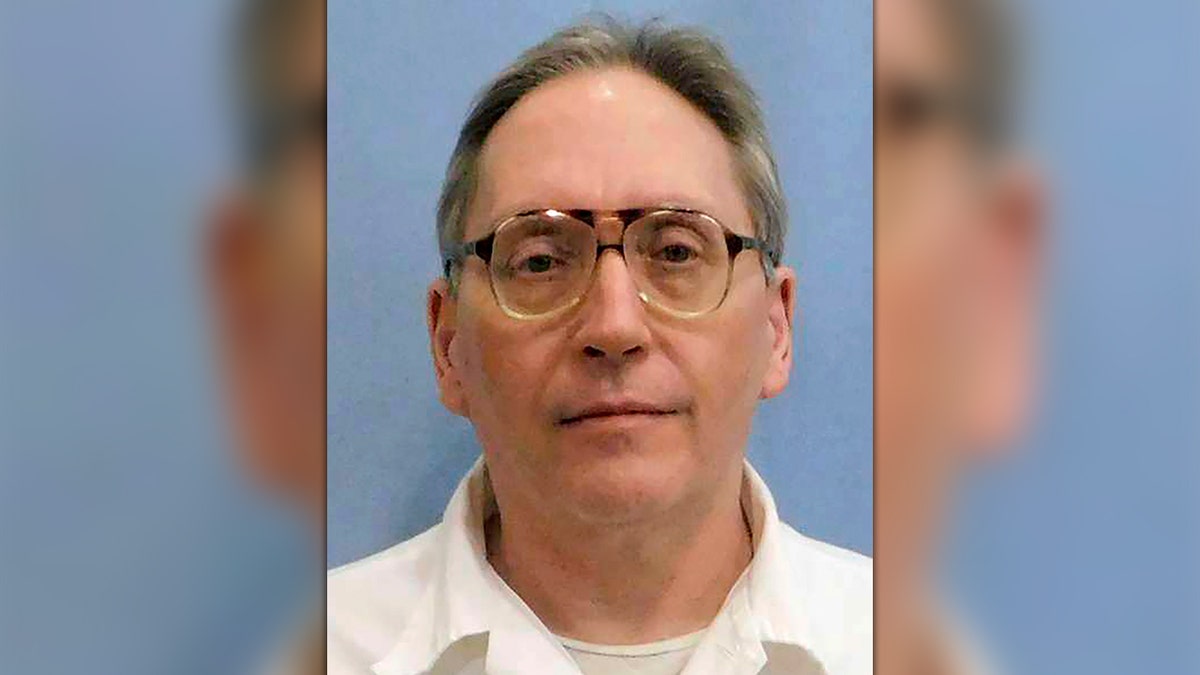After a months-long pause and review of execution procedures, Alabama carried out its first lethal injection in over two decades, executing James Barber, 64, for the 2001 murder of 75-year-old Dorothy Epps. Barber's death was pronounced at 1:56 a.m. on Friday at the William C. Holman Correctional Facility in Atmore. He was convicted of bludgeoning Epps to death with a claw hammer in her Harvest, Alabama home and stealing her purse. Barber confessed to the crime, acknowledging its senseless nature and accepting the death penalty.

Barber's final meal included loaded hash browns, a western omelet, spicy sausage, and toast. Alabama Attorney General Steve Marshall confirmed Barber's connection to Epps through handyman work and a prior relationship with her daughter. Marshall stated that Barber's arrest followed shortly after the murder, accompanied by a detailed confession.
Despite Barber's legal team seeking a stay of execution, citing Alabama's troubled history with lethal injections, the Supreme Court denied the request. The execution proceeded, with Marshall declaring that justice had been served and offering condolences to Epps' family and friends. This execution marks Alabama's first since Governor Kay Ivey initiated a review of lethal injection procedures last fall after a series of botched and failed attempts. The review led to an increase in medical personnel, new equipment, and additional practice runs.

Barber's lawyers argued that the execution would likely suffer the same fate as previous attempts. However, Marshall's office urged the Supreme Court to allow the execution, emphasizing the prolonged wait for justice for the victim's family. Marshall attributed the previous issues to a combination of inmate-specific health concerns and last-minute legal challenges that compressed the timeframe for corrections officials. Prior to the execution, Barber received 22 visitors and made two phone calls.
Comments(0)
Top Comments